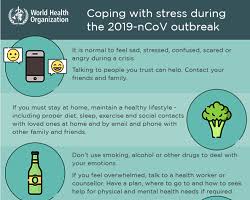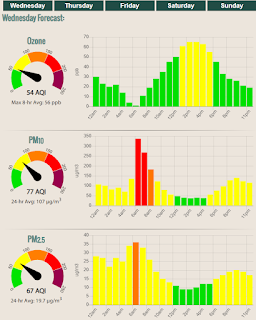Spring 2022 Post 4
https://www.sciencedirect.com/science/article/pii/S2215036620303072
Quarantine can also contribute to stress, anger,8, 11, 13and an increase in risky behaviours such as online gambling.25, 26 Young people might be at particular risk. In previous pandemics, quarantined children were more likely to develop acute stress disorder, adjustment disorders, and grief than were those who had not been quarantined.27 An increase in young people making calls to helplines with symptoms of anxiety has been reported.28 Increased alcohol sales and alcohol use in the home have also been recorded,29 which could potentially increase alcohol use disorders and domestic violence (both in young people and in adults).30 Although published data are few, individuals, including children, could be at increased risk of physical and sexual abuse at home during the pandemic. The pandemic could also exacerbate mental health conditions—and further limit scarce access to mental health services—in people living in humanitarian and conflict settings.6 Some positive benefits might also accrue from reductions in social pressure and exposure to chronic psychosocial stressors (eg, commuting, office workplaces,31 bullying32, 33).




Comments
Post a Comment